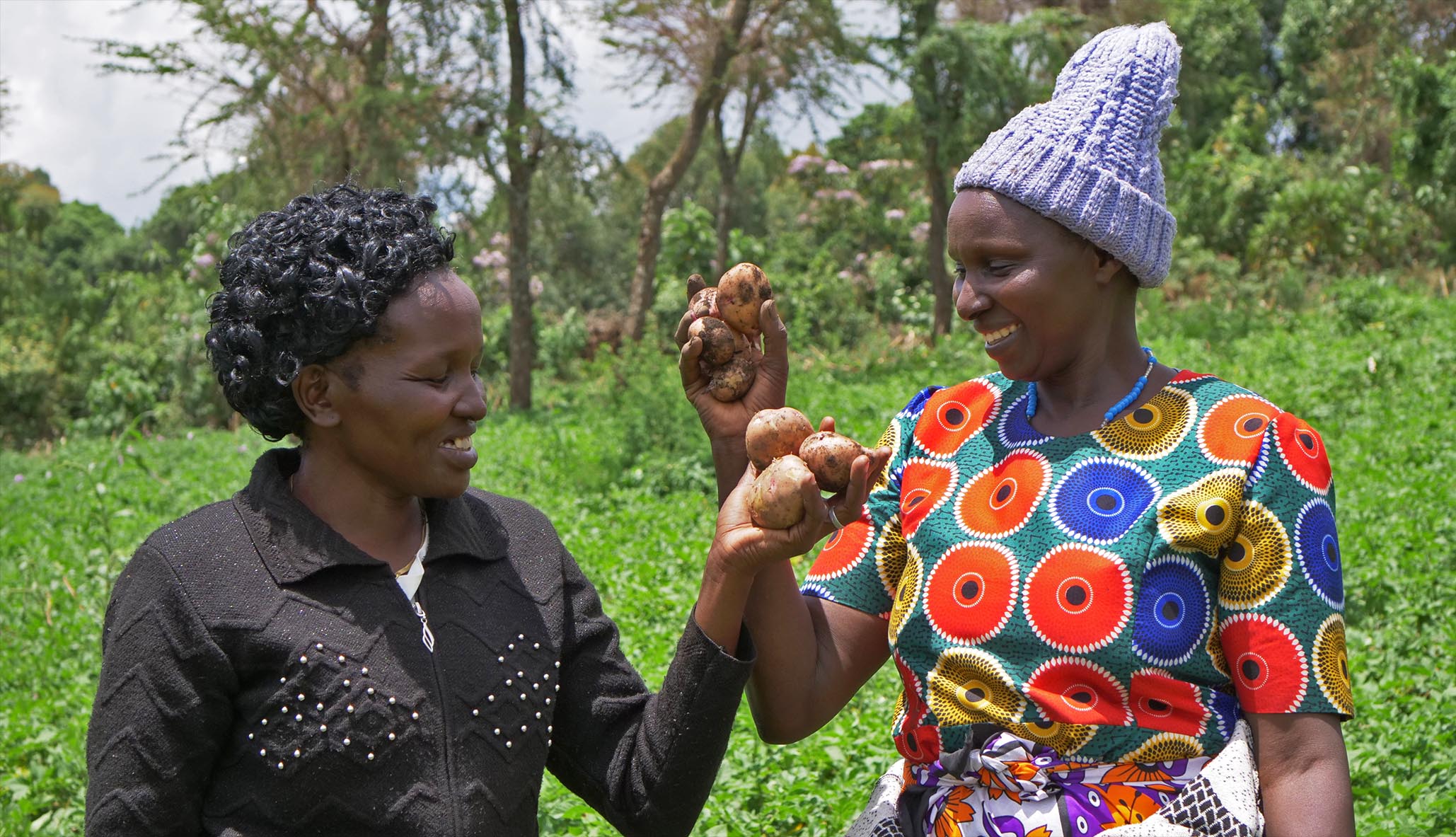To combat these obstacles, the SNV Climate Resilient Agribusiness for Tomorrow (CRAFT) project partnered with Alito Cooperative, aiming to increase the adoption of Climate-Smart Agriculture (CSA) practices and technologies. This collaboration also focused on improving governance, resource management, and enhancing climate-smart practices, with a special emphasis on the Soybean value chain.
Through the CRAFT initiative, Alito Cooperative implemented a bundled services approach, enabling them to provide valuable knowledge and access to CSA practices and technologies for farmers.
To start, CRAFT trained extension workers who shared essential knowledge with cooperative members and smallholder farmers. Over 7,000 farmers received comprehensive training in good agronomic practices, including intercropping, crop rotation, mulching, and proper fertiliser application. The extension workers also distributed post-harvest handling equipment and provided weather forecasts, effectively enhancing productivity, efficiency, and resilience.
Moreover, 211 demonstration gardens were established, serving as valuable learning sites for farmers to practice CSA techniques such as linear planting, soil and water management, and proper spacing.
Simultaneously, the cooperative witnessed improved seed production through CRAFT's facilitation of recruiting and training 250 community-based seed multipliers. These multipliers gained access to foundation seed through the cooperative, following recommended production guidelines. Consequently, farmers were able to access drought-tolerant, high-yielding, and quality seeds, leading to increased yields and improved productivity. The cooperative's annual seed production skyrocketed from 35 to over 158 tonnes, demonstrating its resilience against climate shocks while boosting its income.
Milton Ogan, a farmer, shared his success story, "I planted 30kgs of improved soybean seeds. Despite facing prolonged droughts, I managed to harvest 973kgs. In contrast, farmers who used home-saved seeds suffered significantly due to the drought. Thanks to the higher yield, I earned UGX 1.2 million, allowing me to purchase a bull. I plan to invest the proceeds from the current season into buying another bull."
The cooperative also supported farmers in accessing markets and obtaining better prices for their produce. Aceng Anna, another farmer, expressed her satisfaction, "As a group, we pool our resources, and Alito buys and sells our grain, ensuring that we earn more than individual farmers."
CRAFT consortium partner Agriterra played a crucial role in Alito's growth by supporting them in diversifying their income sources. This included offering seed loans and selling shares to members, resulting in increased investment capacity and financial sustainability. Okello Isaac, the Project Coordinator at Alito Farmers’ Cooperative, acknowledged the positive impact, stating, “The training on internal capitalization showed us how to raise revenue internally. We introduced a seed-saving scheme for farmer members, which can be monetized, reinvested, or borrowed from other farmers to earn interest.” These efforts significantly improved access to credit for the cooperative members. Anna also emphasized, "When we are financially constrained, Alito provides us with soft loans of less than 5% interest, which we can easily repay when they buy our grain."
The remarkable success of Alito Farmers’ Cooperative highlights the profound impact of investing in farmer-owned cooperatives. The comprehensive approach taken by CRAFT empowered the cooperative and its members to overcome challenges, adopt climate-smart practices, and achieve tangible results, showcasing the potential for scalable and impactful climate-smart agriculture initiatives.










